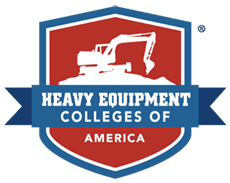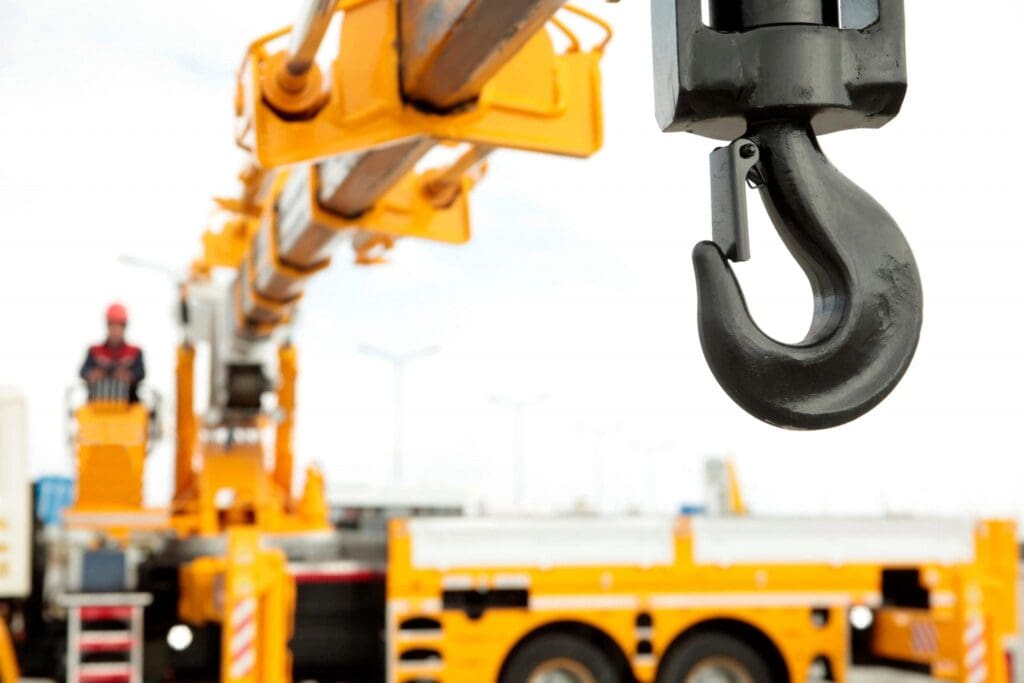Crane operation is a growing field that just about anyone can join.
Are you interested in learning how to operate a crane? Do you want to jumpstart your career and join the growing heavy equipment field? If so, you’ll need proper certification and training. Completing the required training may seem like a daunting task, especially if you have not completed a high level of education. Fortunately, crane certification does not require years of training or education—you can easily find entry-level programs that will give you the training you need to succeed.
Have more questions about crane certification? Read these crane certifications FAQs below.
How Much Does a Crane Operator Make per Hour?
The median salary for a crane operator in the US is just above $28 an hour according to the US Bureau of Labor and Statistics, BLS. At $28 per hour, you could be looking at just under $60,000 salary for the year. The actual amount you are paid as a crane operator will depend on where the job is located and by your employer.
Are Crane Operators in Demand?
According to the BLS, the crane operator field is expected to grow about 10% from 2014-2024. That growth rate outpaces several other occupational fields. So, yes crane operators are in demand now and it does not seem there will be a drop in demand in the foreseeable future. There’s no better time than the present to start on your building your future. Why not choose a career in a growing, in-demand industry?
Crane Safety – Tips for Safe Lifting
Does Overhead Crane Training Expire?
When you obtain your operator’s certificate from the National Commission for the Certification of Crane Operators, NCCCO, it will last for five years. Within the 12 months prior to the expiration date, you’ll need to recertify. This gives you an opportunity to refresh your knowledge of crane safety, the parts of a crane, and proper operation.
Crane Lifting Safety Procedure-Hazards & Control Measures
Operating a crane is a huge responsibility. Not only is this machine powerful but it can be very dangerous if the proper safety measures are not taken. One of the most common hazards crane operators face is falling loads. Failing to properly secure a load before it is hoisted up can result in serious injury, structural damage, and death. Nearby power lines and other sources of power present an electrical hazard. Another common hazard for crane operators is crane overload. As implied by the name, this hazard occurs when someone has exceeded a crane’s operational capacity. This hazard often results in irreversible damage.
We hope that this crane certification FAQs article gave you some insight into the heavy equipment operator industry. If you are looking to make a career switch or have an interest in working in construction, check out HEC’s programs. We have campuses across the country, where you will get in-person and hands-on training from our expert instructors. And once you complete your training and certification, we’ll help you develop a professional resume and navigate the job market. You can build a rewarding career in as little as 3-weeks. Find an HEC program near you.

